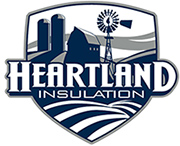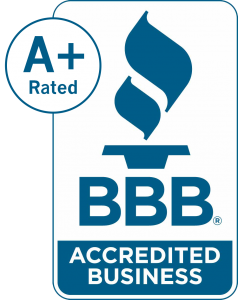Understanding Insulation R-Values
Understanding Insulation R-Values and why they are important. Temperature loss, gain and transfer refer to the thermal resistance of an element or object, like wood. Thermal resistance is the measurement of heat or temperature difference as heat tries to flow through that element or object. So the better an element resists heat flow or heat transfer the higher that objects thermal resistance. In insulation terms, Thermal Resistance is measured as insulation R-Value. The higher the insulation R-Value of an insulation product or object the more it resists heat transfer, the better or higher that insulations R-Value. So an insulation product with an insulation R-Value of R-13 provides significantly less thermal resistance to heat transfer than an insulation product with an R-Value of R-30.
So how much insulation R-Value do you need? Insulation R-Value depends on where you live, your climate, what type of structure you are trying to insulate and the type of heating and cooling systems you have installed.
The United States Department of Energy has made insulation R-Value recommendations that are widely considered the standards most consumers should try to attain. R-Values vary depending on the type of insulation materials , their thickness and density. While it might seem logical that the materials with the highest insulation R-Value is the best one to use, additional variable must be considered like the type and construction of the structure you are trying to insulate. Different types of insulation materials work better than others based on the situation. For example, some types of insulation too tightly compacted can have a lower R-Value, but when properly installed these insulations perform as designed.
The bottom line is, creating a comfortable space and using the best insulation products for the job is trickier than you might think at first glance. To determine the right insulation R-Values for your building, and the best materials to use for the job, contact a qualified insulation contractor.

